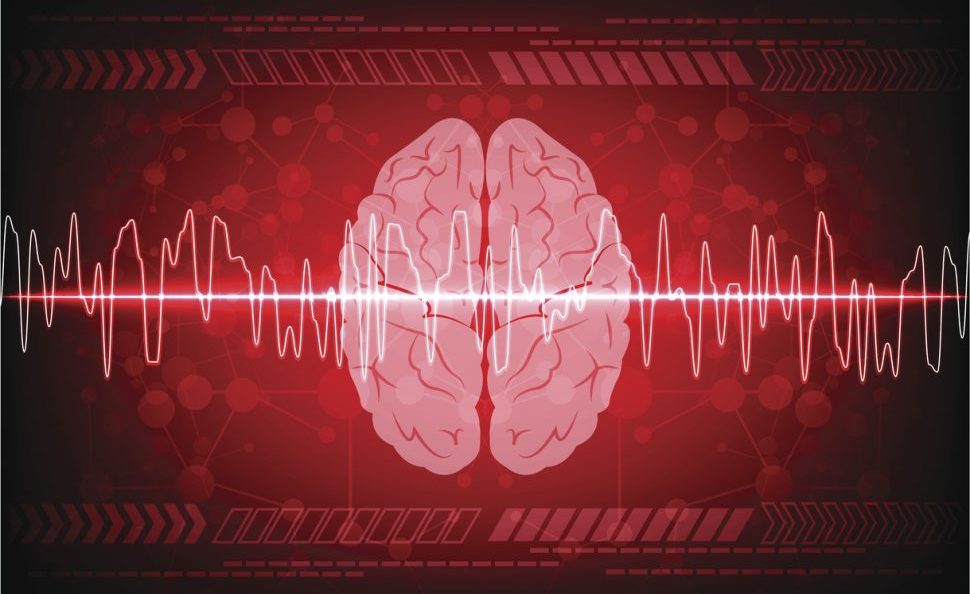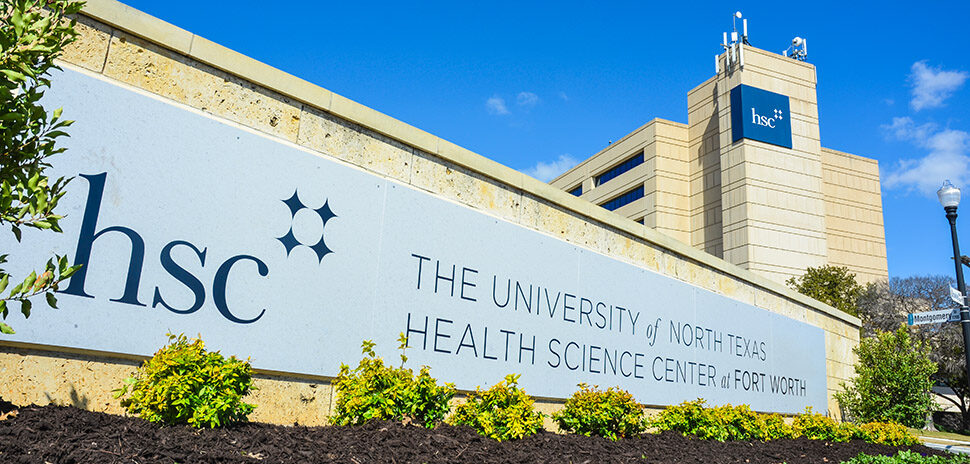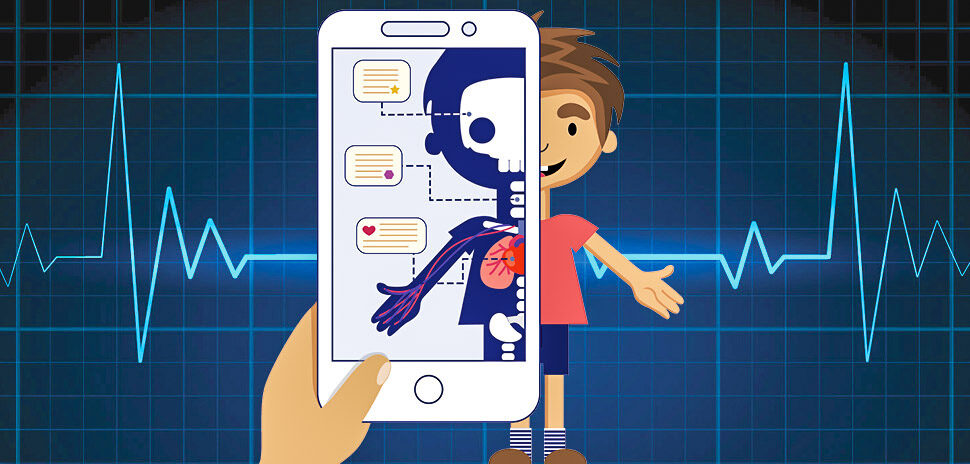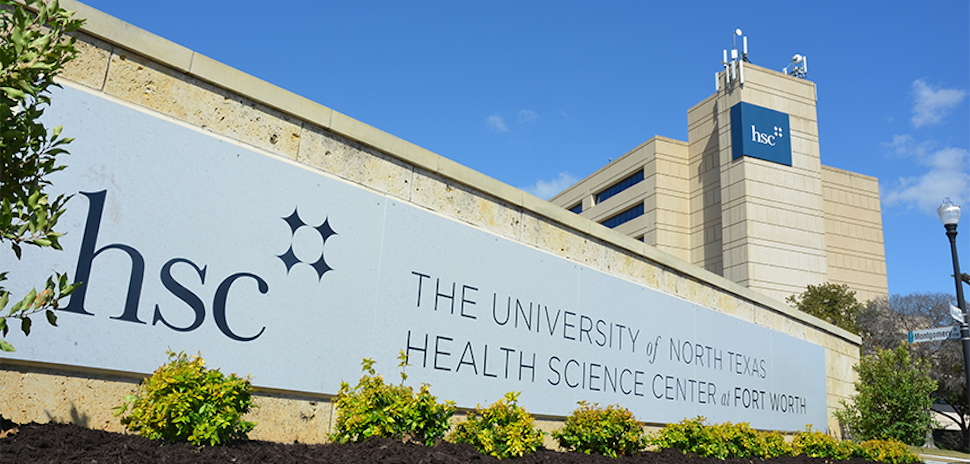
[Illustration: mrspopman via istockphoto]
UNT Health Science Center researchers have discovered a treatment that could help preserve brain functioning after cardiac arrest.

Robert Mallet
More than 500,000 Americans suffer cardiac arrest each year, according to the university. During a cardiac event, the blood supply to the brain is interrupted, meaning it doesn’t receive the large amounts of oxygen and metabolic energy it needs.
“Cardiac arrest is devastating because it severely injures the brain,” said Robert Mallet, a professor in the Institute for Cardiovascular and Metabolic Disease at UNTHSC, in a release.
With few treatments ready for use, patients enduring some form of brain damage after an attack is common.
Researchers led by Mallet have found providing patients with an intravenous infusion of pyruvate, an energy fuel and antioxidant, could keep functional brain proteins intact.
“Pyruvate could be an ideal brain protectant because it is effective in humans, is chemically stable, and has no adverse side effects,” Mallet said.
The treatment could help victims of cardiac arrest avoid irreversible brain damage.
Dallas Innovates, every day
R E A D N E X T
-
Five local winners received up to $200,000 in funding to activate their solutions throughout North Texas.
-
The 20-year Energy Savings Performance Contract will focus on a modernization project for cooling demand at the university’s health research labs.
-
High schoolers who focused on the mental, emotional aspects of health care dominated the hackathon. That's especially impressive, considering that of the 14 teams competing, four were high school teams, eight were college teams, and two were professional teams. See the top three winning submissions here.
-
The award from the National Institutes of Health will help HSC lead the AI/Machine Learning Consortium to Advance Health Equity and Researcher Diversity, or AIM-AHEAD, program. The effort will bring together experts in community engagement, AI/ML, health equity research, data science training, and data infrastructure.
-
UNT hopes its cloud-based computer program called RE-PLAN will be able to solve equitable distribution issues that often accompany a speedy rollout. The technology, which uses sourced data to allow public health agencies to craft response plans, will be dispensed with an urgency to target special demographics communities, like people who have disabilities, don't speak English, and don't have cars.































